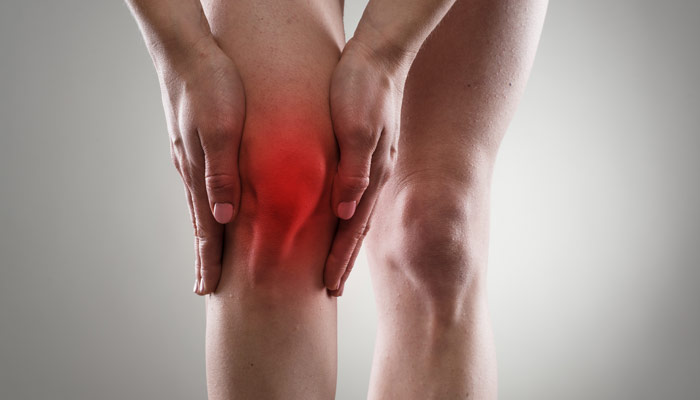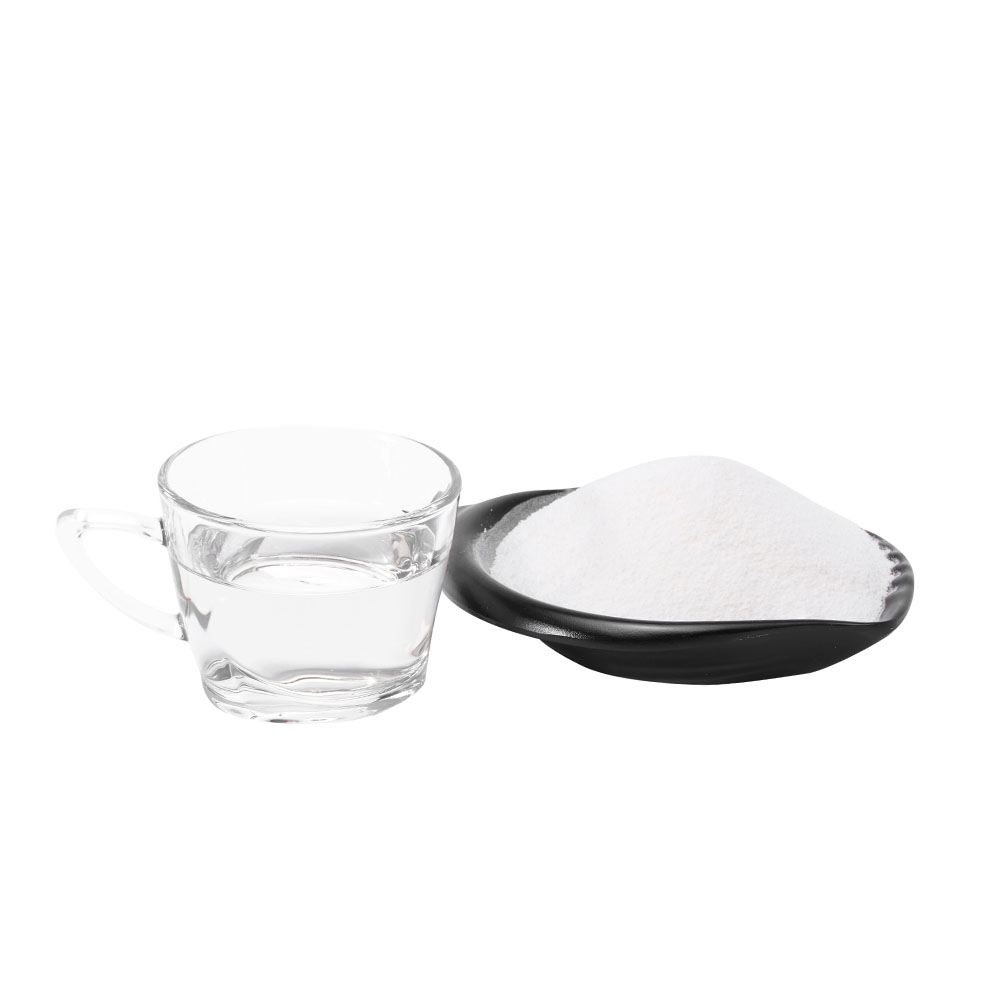The question that runners often worry about is: Will the knee joint suffer from osteoarthritis because of running?
Research has shown that with every step, the force of impact travels through a runner's knee joint. Running is equivalent to impacting the ground with 8 times their body weight, while walking is about 3 times their body weight; this is because running is less impacted than when they are walking, and the area of contact with the ground is smaller than when they are walking Therefore, it is more important to protect the knee joint, especially the knee cartilage, when running.
First, let's take a look at how to run scientifically:
1. Warm up before running
When the weather is cold, the muscles of the joints will be relatively stiff, and it is easy to be injured, especially the knee and ankle joints of the middle-aged and elderly people are already uncomfortable, so it is particularly important to warm up before running. The two most vulnerable parts of running are the knee and ankle joints. Unfamiliar road conditions, poor body flexibility, excess weight, and uncomfortable running shoes are the main reasons for joint damage. Before running, do 5-10 minutes of preparatory exercises, mainly stretching and flexing exercises, and slowly squat up, which can effectively help the body "warm up".


2. Control food intake
Some people lose weight at the beginning of a running exercise, and then regain it after a period of time. This is because while running consumes energy substances, it can also stimulate the digestive organs and increase appetite. Therefore, it is necessary to control the diet. Even if the hunger is unbearable, you can't eat too much food, resulting in weight gain.
3. Control time
The running time should not be too short or too long, and the aerobic exercise should last for 30 minutes, so the time should not be shorter than 30 minutes, otherwise the effect of healthy weight loss will not be achieved. However, over time can cause muscle strain and even joint wear, which may increase the risk of osteoarthritis.
In addition, supplementing with collagen peptides can escort your knee and ankle joints.
Oral collagen peptide Pept can protect articular cartilage, effectively relieve joint pain and improve joint function. Some foreign studies have shown that supplementing collagen peptides can also reduce articular cartilage wear and increase the secretion of hyaluronic acid for joint lubrication.
Post time: Aug-31-2022







